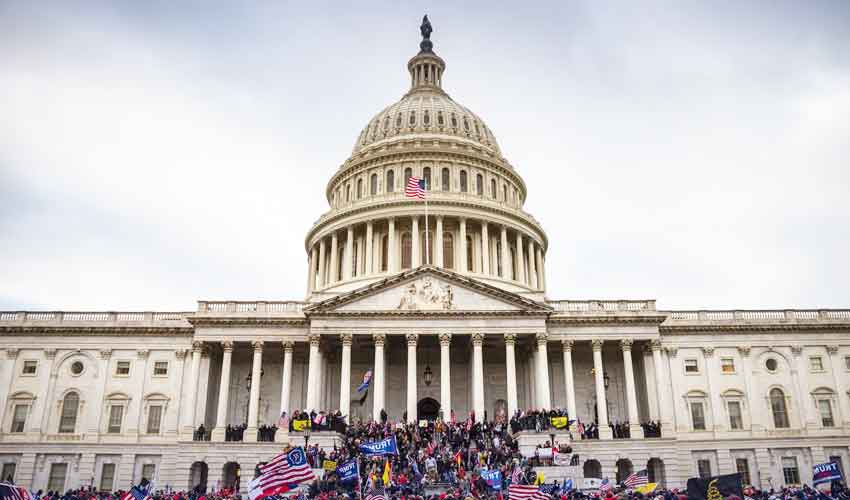The US House of Representatives passed a rare bipartisan tax bill worth $78 billion on Wednesday, despite ongoing gridlock on other issues like government funding. The bill offers relief to both families and businesses, including:
- Increased Child Tax Credit: The credit, which provides direct payments to parents based on their children's ages, will see a temporary increase to $2,100 per child by 2025.
- Restored Business Deductions: The bill reinstates deductions for research and development, and certain capital investments, originally passed under President Trump and expired in 2022.
- Double Taxation Relief: The measure eliminates double taxation for businesses operating in both the US and Taiwan, specifically targeting semiconductor manufacturers building US factories.
Key Points of Contention:
- Conservative Opposition: Some Republicans criticized the bill for expanding the Child Tax Credit, calling it "corporate welfare" and a "welfare bill in drag."
- Progressive Disappointment: Democrats like Representative Rosa DeLauro felt the bill favoured corporations over addressing poverty effectively.
- SALT Relief Missing: The bill does not address the 2017 tax cuts that capped deductions for state and local taxes (SALT), a major concern for some lawmakers, particularly in high-tax states.
Overall Significance:
Despite the criticisms, the bill's passage represents a rare moment of bipartisan cooperation in a politically divided Congress. It offers temporary relief to families and businesses, potentially boosting economic growth and research & development investments. However, the lack of SALT relief and concerns about corporate benefits remain unresolved.
Further Developments:
House Speaker Mike Johnson has committed to working with lawmakers to find a solution on SALT deductions, indicating potential for further negotiations and adjustments.



























